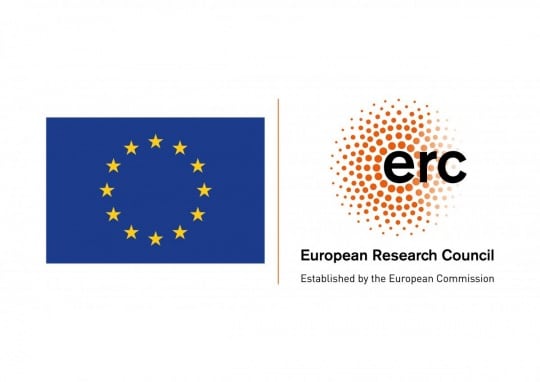Part two here.
Horizon 2020 approaches to auditing
The world of Horizon 2020 and its successor Horizon Europe is full of jargon. Some of the concepts such as eligible costs or different forms of costs will be familiar to beneficiaries from national funding programmes. However, the issues and terms around H2020 auditing may be an entirely different matter. This article aims to explain some of the key concepts in connection with the EC’s auditing processes.
Approaches to auditing under H2020
The European Commission (EC) will want to satisfy itself that the grants for innovation and research activities it provides under the Horizon programmes deliver value for money and whether costs have been claimed correctly. To achieve this, the EC uses the following distinct approaches to auditing under Horizon 2020:
- Certificates of the financial statements
- Certificates of the methodology
- Second-level audits by the European Commission
- Third-level audits by the European Court of Auditors
What are the certificates of the financial statements?
By providing a certificate of the financial statement (CFS), beneficiaries show that the breakdown of costs claimed is correct. Whenever a beneficiary’s grant exceeds EUR 325,000, beneficiaries will need to submit a certificate of the financial statements as part of their financial report at the end of the project. In the case of SMEs and other private-sector partners, these statements may be issued by an external, independent auditor of their own choice. However, higher education institutes or public-sector research facilities may have the certificate issued by internal auditors or competent public officers, provided they are independent. This means that they must not have been involved in the project. The cost of the CFS is an eligible cost, but can only be claimed if it has been factored into the projected H2020 project budget.
Seal of approval on personnel costs: certificates of methodology
As the calculation of personnel costs is pretty complex and accounts for over 70% of errors found in ex-post audits, the EC gives beneficiaries the opportunity to provide certificates of the methodology (CoMUC) used for calculating personnel costs in H2020 projects. Once the EC has approved the CoMUC, it offers some degree of reassurance that the personnel costs are quantified correctly – provided beneficiaries stick with the approved method. Any changes to the cost calculation will need to be approved by the European Commission. CoMUCs may be issued by independent auditors or internal competent public officers.
Level two and level three audits
The European Commission (EC) has a vital interest in ensuring that Horizon 2020 funding is spent and claimed correctly. As set out in Article 22 of the H2020 AMGA, EC auditors or external auditors on behalf of the EC may carry out level two audits, including on the spot checks, that may take up to several days. Audits are carried out on a risk basis, i.e. when high amounts of funding, new beneficiaries, or projects with a large proportion of sub-contracting are involved. Given the amount of preparation and resources required for audits, the European Commission will carry out level two audits only for a sample of H2020 projects. Level three audits are usually carried out by the European Court of Auditors (ECA) or the European Anti-Fraud Office (OLAF) when there is suspicion of fraud.
How can beneficiaries minimize audit risks?
To minimize audit risks, beneficiaries should consider an audit stress test or an audit simulation. EFMC’s audit simulation comes with a full audit report and recommendations. But when your project is in the high-risk category, an audit stress test by EFMC might be a good approach to audit-proof your processes. Link the audit-stress test to a specific H2020 project and you will be able to claim it as eligible cost – plus 25% overhead on top. But remember that you will have to include audit-related costs into your projected H2020 project budget.




